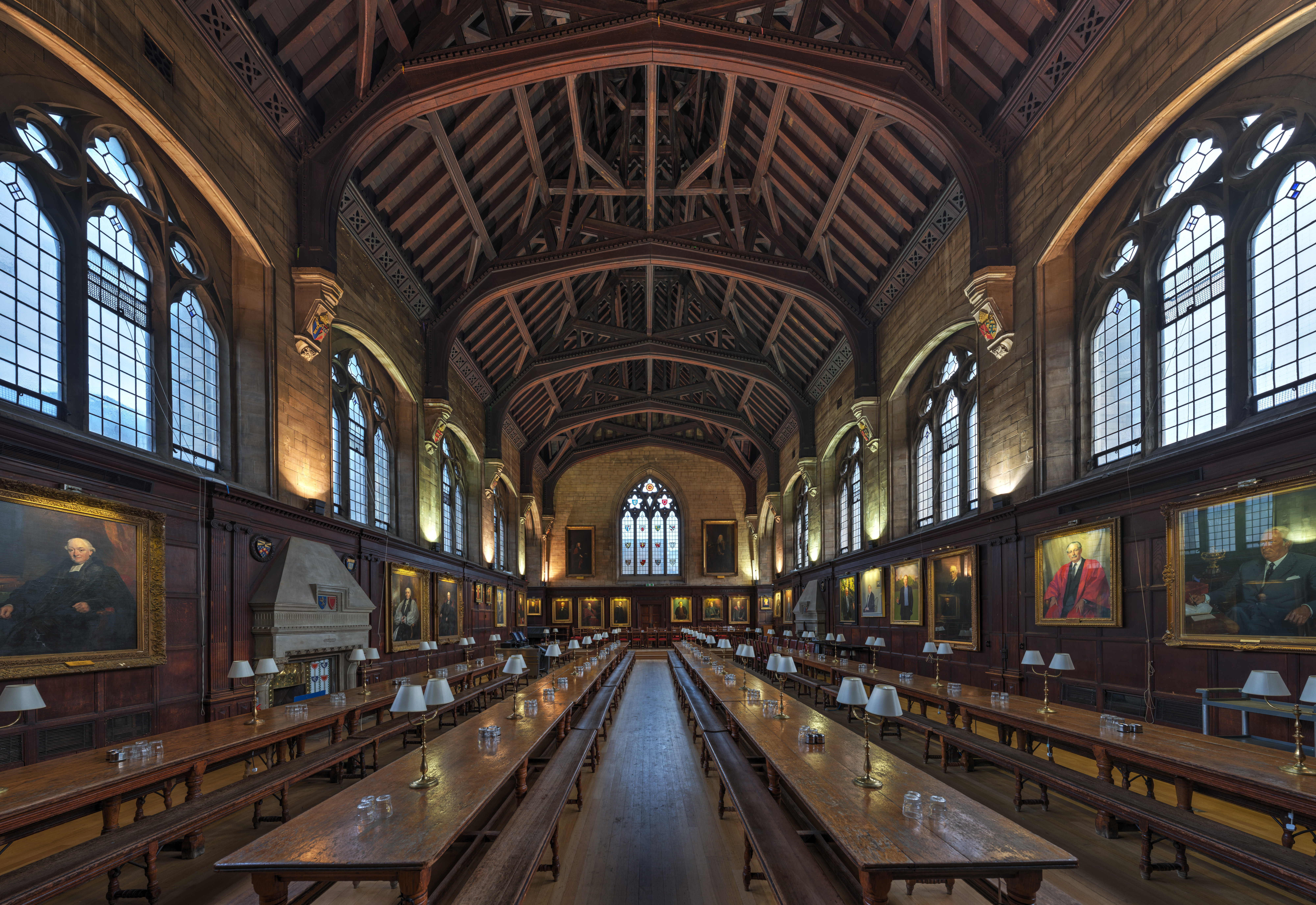
It is not uncommon to hear a group of freshers on campus musing about their ‘all expenses paid’ skiing trip, casual references to a parent’s Bentley, or genuine, unironic usage of the word ‘povo.’ Exeter, especially, has a reputation for fostering a culture where conversations like this flourish, to such an extent that in preparation for university, I had prepared myself for a situation that resembled the plot of ‘My Fair Lady.’
It is the case in higher education that there seems to be a certain novelty around coming from an impoverished background. I have witnessed this first hand, having spent much of my childhood in temporary council accommodation, given to those who would otherwise be sleeping rough. Explaining this experience is no easy feat, in part because I do not believe I could ever truly do it justice, but also due to the undeniable rift between this reality and those from a wealthy background. It acts almost as a language barrier; on either side of the conversation there are stories that are simply incomprehensible.
Alienating both current and prospective students, in a context where universities are already considered elitist, is not helping the image that universities have. Being at a university is undeniably a privilege, but it is also a large financial commitment. Lower-income students are left having to juggle work and studying, putting them at an academic disadvantage compared to their peers, who are able to rely on family. Central government and individual university bodies should be doing more to make university education accessible, but in the wake of government attitudes to creative degrees, I cannot say that I am hopeful for change.
Despite the obvious need for financial support, there is also a larger social problem of classism within university settings and one that, if left unchecked, carries through to workplaces and other institutions. Within our own government, the treatment of deputy Prime Minister Angela Rayner comes to mind. An effort to change attitudes towards class cannot come from a cabinet of majority Oxford educated white men. The assumptions made against Angela Rayner are ones that can and do translate to the environment of higher education. How could they not, especially during a time when the disparity between the richest and poorest in society is the 9th highest of 38 OECD countries?
The reality for those from lower-income backgrounds at university is a daunting one, and one that struggles to separate itself from wider political conversation. Meeting new people in an unfamiliar place is worrying enough when coming to university and being able to ‘fit in’ was definitely a concern of mine. This takes on a new face, however, when surrounded by people who you cannot find common ground with and also treat your upbringing with a sense of morbid curiosity. Without an increased access to university and making those of poorer backgrounds feel like they do have a place in higher education, the ‘language barrier’ will only widen. In order to increase social mobility and allow working-class people to have access to places in society usually reserved for the Eton educated, higher education must become a safer space.
Image: Balliol College Dining Hall, Oxford by Diliff, 2014 // CC BY-SA 3.0



Average Rating